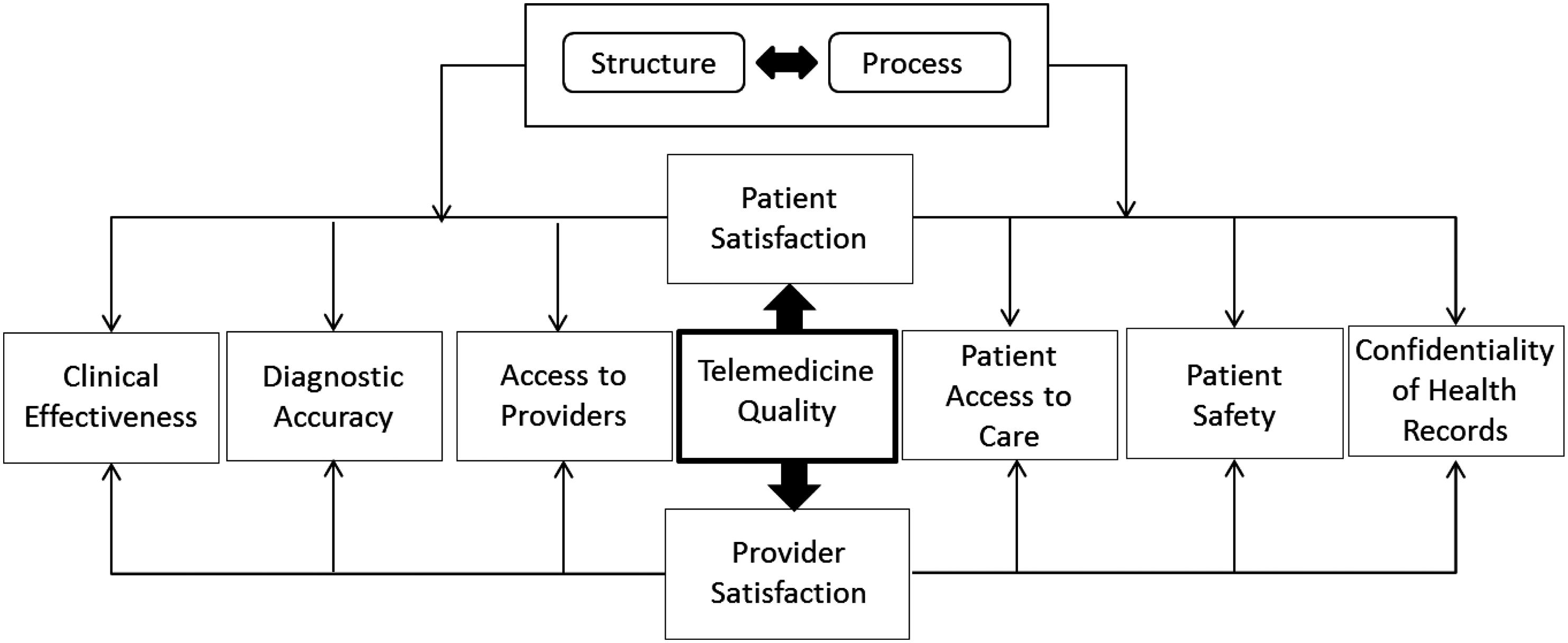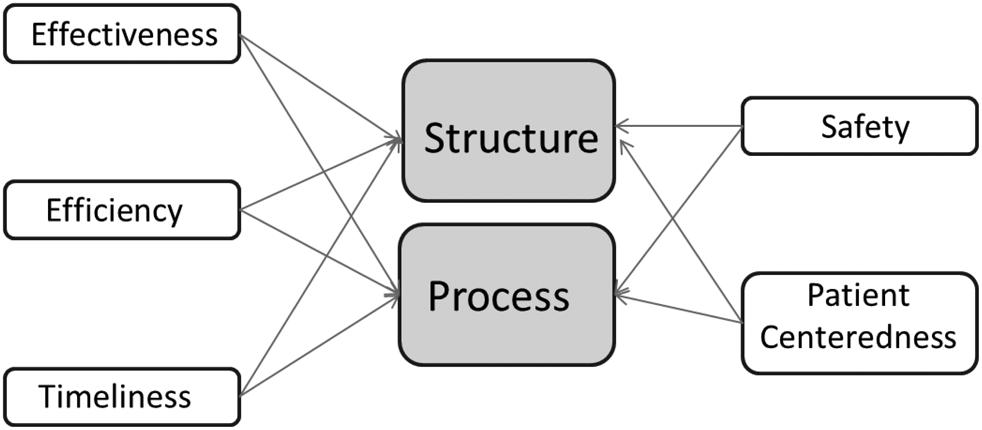
1 minute read
Questions for Discussion
Throughout the process of care delivery, the patient is subconsciously trying to balance what he/she received against the true cost. 14. Timeliness Principle: Most patients believe that their condition(s) is urgent and needs to be addressed quickly. They worry about the effect of delays and long wait times. Reducing waits and sometimes harmful delays for both those who receive and those who give care is vital to the patient’s perception of value. 15. Privacy, Security, and Confidentiality Principle: In the context of personal information, concepts of privacy are closely intertwined with those of confidentiality and security. Privacy addresses the question of who has access to personal information and under what conditions.
Confidentiality safeguards information gathered in the context of an intimate relationship. Security helps keep health records safe from unauthorized use. Healthcare organizations involved in the collection, use, and disclosure of personally identifiable health information should take strong measures to safeguard the security of health data. Patients often assume that healthcare organizations are taking care of these dimensions of service delivery. Any time patients must worry about these aspects of the healthcare delivery system, they are reminded of one more serious defect in the system. 16. Care Coordination Principle: This means that the patient’s needs and preferences are known beforehand and communicated at the right time to the right people, and that this information is used to provide safe, appropriate, and effective care to the patient. It calls for a highly coordinated series of activities involving hospitals, nursing homes, primary care physicians, specialists, emergency rooms, etc.
Advertisement
2.1. Should the concept of value be extended to a patient’s family? Why or why not? 2.2. Discuss the ethical dilemmas inherent in the definition of value from the perspectives of healthcare delivery systems and organizations. 2.3. Which of the principles discussed in the Patient Experience Manifesto is the most controversial? Why? 2.4. Provide an example of the “hassle factor” inherent in a patient’s interaction with a hospital? A health insurance company? Nursing home?
Home health organization? Pharmacy?





